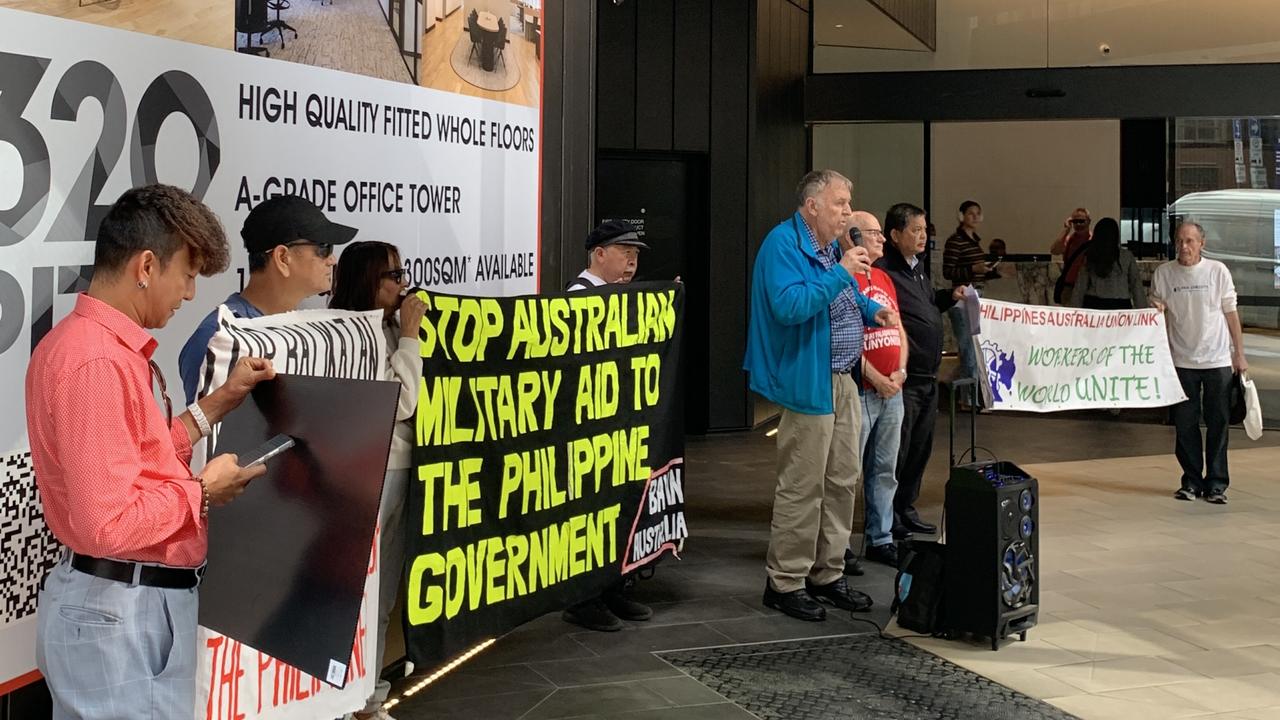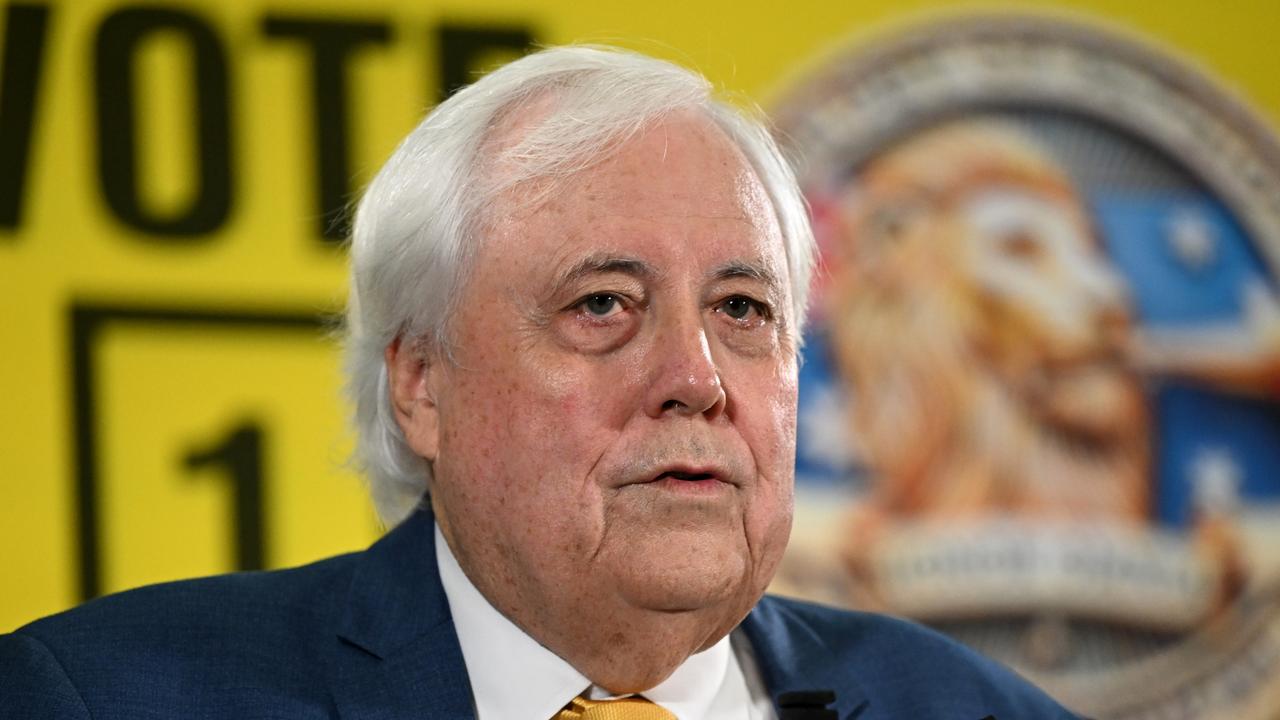Forbes women's shelter still struggling for funding one year after Molly’s death
More than 12 moths after the tragic death of Molly Ticehurst changed the national conversation around domestic violence, the women’s shelter in her hometown of Forbes is desperate for funding.
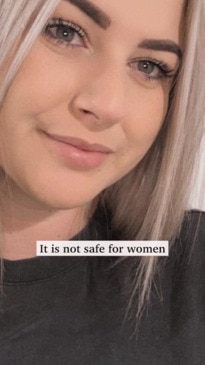
NSW
Don't miss out on the headlines from NSW. Followed categories will be added to My News.
More than one year after the tragic death of Molly Ticehurst changed the national conversation around domestic violence, the Women’s shelter in her hometown of Forbes is still struggling to get sufficient funding to cater for the increasing number of women in the area who are desperate for help.
After the 28-year-old childcare worker was found dead in her Forbes home last April and her ex-partner Daniel Billings charged with her murder, both the Albanese and Minns governments announced hundreds of millions for domestic violence prevention and enforcement programs.
Yet the not-for-profit organisation CatholicCare, which runs the only Women’s shelter in Forbes, along with many others in remote and regional NSW, has been cut out of the grant application process for millions of new funding.
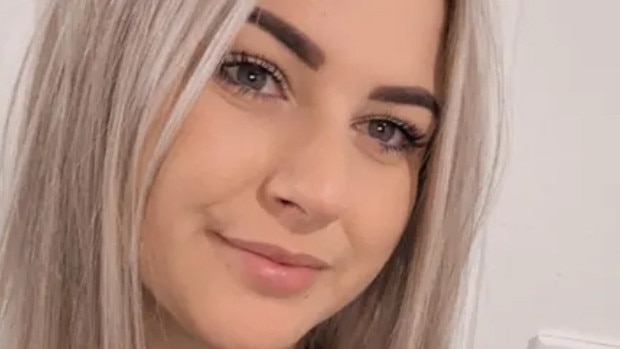
CatholicCare Wilcannia-Forbes chief executive Anne-Marie Mioche said that should Molly have sought help today, she still may not have received the level of care she deserved, due to the refuge being desperately underfunded.
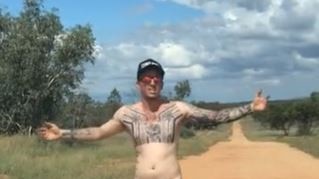
Ms Mioche said CatholicCare’s program funding projections across multiple shelters it runs in Western NSW from Forbes to Broken Hill, went from $13 million in 2025/26 to $6 million in 2026/27.
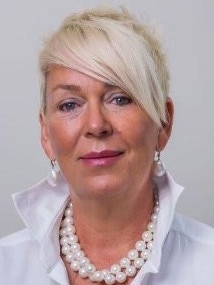
She said the reason for the large decrease is that the amount of government funding has not kept pace with the numbers of women trying to access the service.
In the last financial year, the women’s shelter catering for Forbes, Parkes and Cowra received funding from the NSW government’s Staying Home Leaving Violence grant to cater for 31 women. Instead they had 161 women referred for the program.
Additionally, Ms Mioche said there was an increasingly large number of both Federal and state grants worth millions of dollars that CatholicCare has been ineligible to apply for across several of its shelters. This includes the NSW government Integrated Domestic and Family Violence Service grant, which funds case management for vulnerable families and is worth $1.8 million.
Many of the grants are only available for Aboriginal community controlled organisations (ACCOs), leaving those that do not have Indigenous management often struggling to compete for funding.
This comes after The Daily Telegraph reported in May last year that multiple women’s shelters, including Forbes had been deemed ineligible to receive Commonwealth funding for new domestic violence workers, due to priority being given to ACCOs.
Domestic Violence advocates have said that despite additional money from governments to tackle the issue, women’s shelters across the state are still severely underfunded.
At the same time, the number of domestic violence-related assaults in NSW has increased by 3.1 per cent over the last ten years.
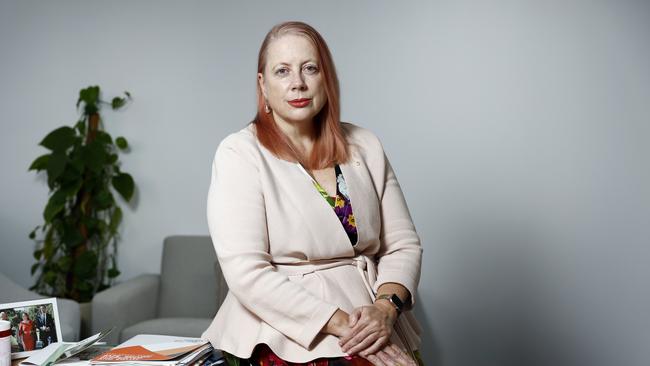
Women’s Community Shelters chief executive Annabelle Daniel said women’s refuges were still on average turning away every one in two women, with many services in the regions having a two-month waiting list.
“We’re not gold-plating our services,” she said.
“We are supporting women and children up against the back of increasing housing inaffordability … women need to be supported to look at 60-70 rentals before they get a look in and all that increases the workload.”
NSW Prevention of Domestic Violence Minister Jodie Harrison said allocated funding for women’s shelters was tailored to address need, noting DV rates are disproportionately higher in regional and remote communities.
“Procurement of specialist domestic and family violence service is informed through an evidence-based approach including careful analysis of local data and demand,” she said.
“We know First Nations communities are disproportionately impacted by family violence. The evidence tells us that services must be culturally safe, and for many Aboriginal people that means a service that is led by a Aboriginal community Controlled Organisation.”
Originally published as Forbes women's shelter still struggling for funding one year after Molly’s death




